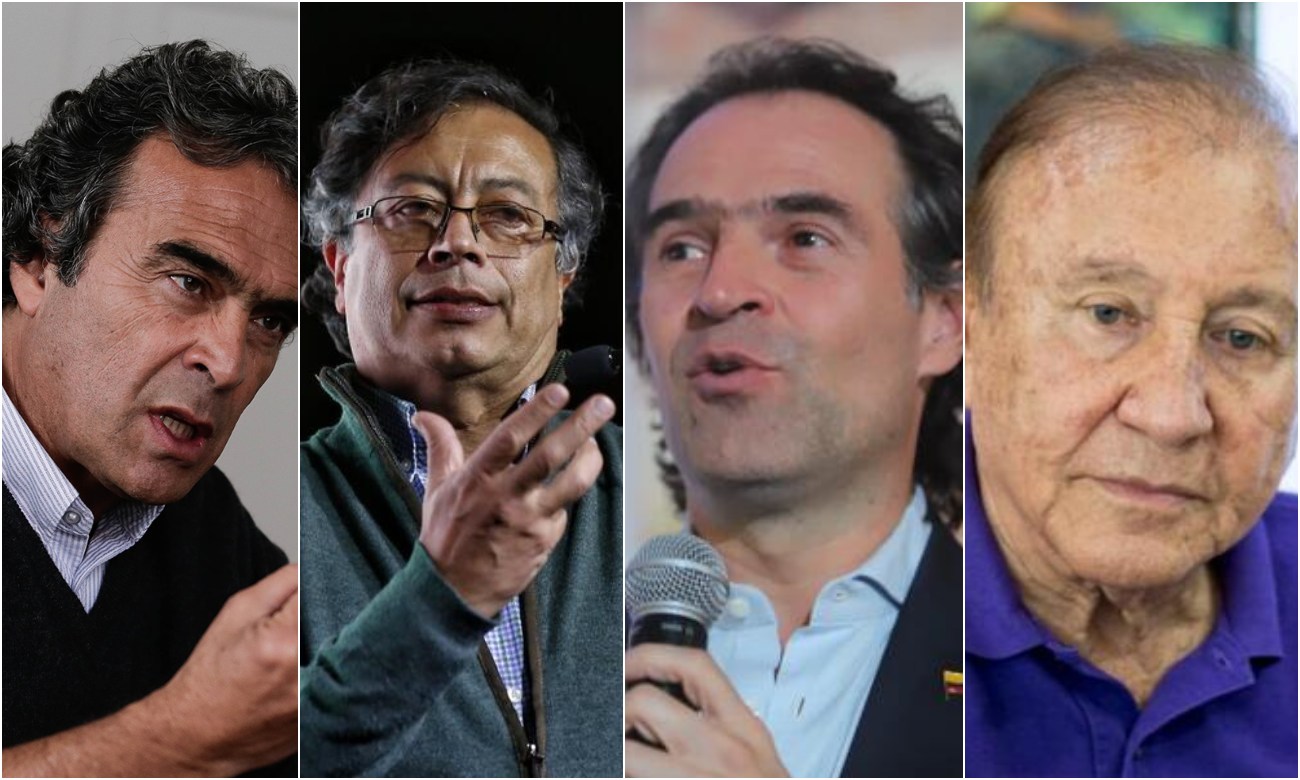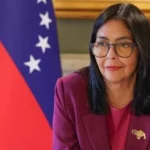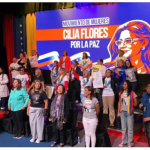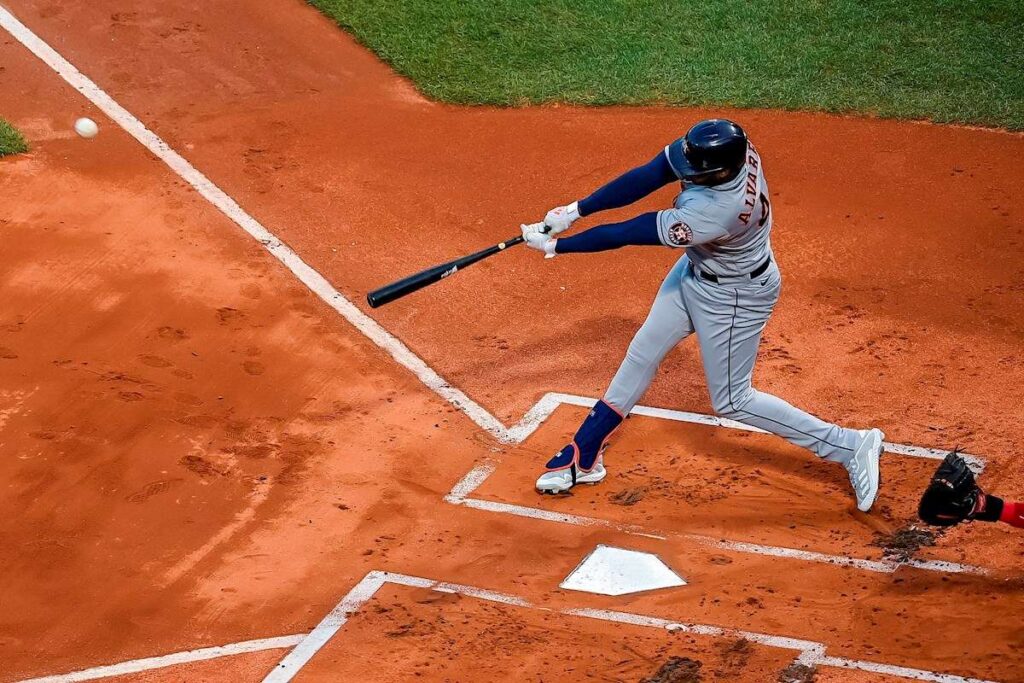Social networks have become an essential space for political discussions and presidential candidates, who take advantage of this space to present their ideas and dispute those of other candidates, a situation that is replicated on different scales among the followers of each political campaign. .
You may be interested in: Ingrid Betancourt would withdraw from the race for the presidency
However, in the midst of this situation, many false accounts are also seen, which are especially active at this time of elections.
Based on its experience advising political campaigns, the Communications Agency LOOR, Reputation Managementand the company specialized in information security and computer security Champion Corp.allied themselves to generate a report that analyzes, from their points of view, the influence of the social networks of the main Presidential candidates, in the voting decision of Colombians.
In reaching his conclusions, LOOR, through specialized digital monitoring software, and Adalid, through its Forensic Computer Laboratory, examined social networks Twitter, Facebook, Instagram and Tik Tok of Gustavo Petro, Federico Gutiérrez, Sergio Fajardo and Rodolfo Hernández, whose findings are reflected in the report.
Regarding the “feeling” that people show in the mentions about the candidates on their social networks, it was found that in the case of Gustavo Petro, they are 2% positive, 93% neutral and 5% negative. As for Federico Gutiérrez, 100% are neutral, as for Sergio Fajardo, both very similar to the trend for Rodolfo Hernández, which indicates 1% positive and zero negative compared to 99% neutral.
Now, as for the trends in all the candidates’ networks, it must be taken into account that the report calculates them on the total number of followers and accounts, including the allegedly false ones.
For Andrés Guzmán Caballero, Manager of ADALID Corp. “According to the analytics tools we use to study these cases, we find that beyond fake followers, there are also fake likes and views.but the most shocking thing about our findings is that we even found fake comments, that is, comments that, as we were able to identify, are “manufactured” by accounts that do not exist and that are automated”.
“This is worrying, taking into account the importance given to the networks of the candidates ad portas of the presidential elections because obviously we can conclude that the comments and what seems to be a trend on the Internet is not necessarily the real trend. ANDThis is not really new but it is verifiable. Let us remember the case of a contest that was very permeated by social networks, which was when Antanas Mockus he was in a race against President Santos and in which Antanas swept but when reality came the voting tables said something very different, “adds Guzmán.
You may be interested in: Luis Pérez again proposes to legalize marijuana and replace it with cocaine
The report also analyzes the scope of the most used hashtags, engagement, impressions and mentions of each of the 4 candidates who lead the polls today in Colombia.
According to Paola Méndez, CEO of LOOR, “Although Twitter and Facebook set the trend in sharing opinions through the accounts of the candidates, the truth is that in our tracking we found very large numbers of false followers. in the accounts of these two networks but also of the Instagram and Tik Tok of all the candidates. This may indicate that there is a lack of purging of this type of followers due to lack of interest or for the sheer convenience of the campaigns, but also due to a possible activity of “warehouses” to increase them”.
“Among other conclusions of our investigation, the lower activity of women compared to men in the networks of the 4 candidates analyzed by us is striking, and also the total irrelevance of Tik Tok in terms of its ability to generate opinion, more beyond its natural function of entertainment”.
















